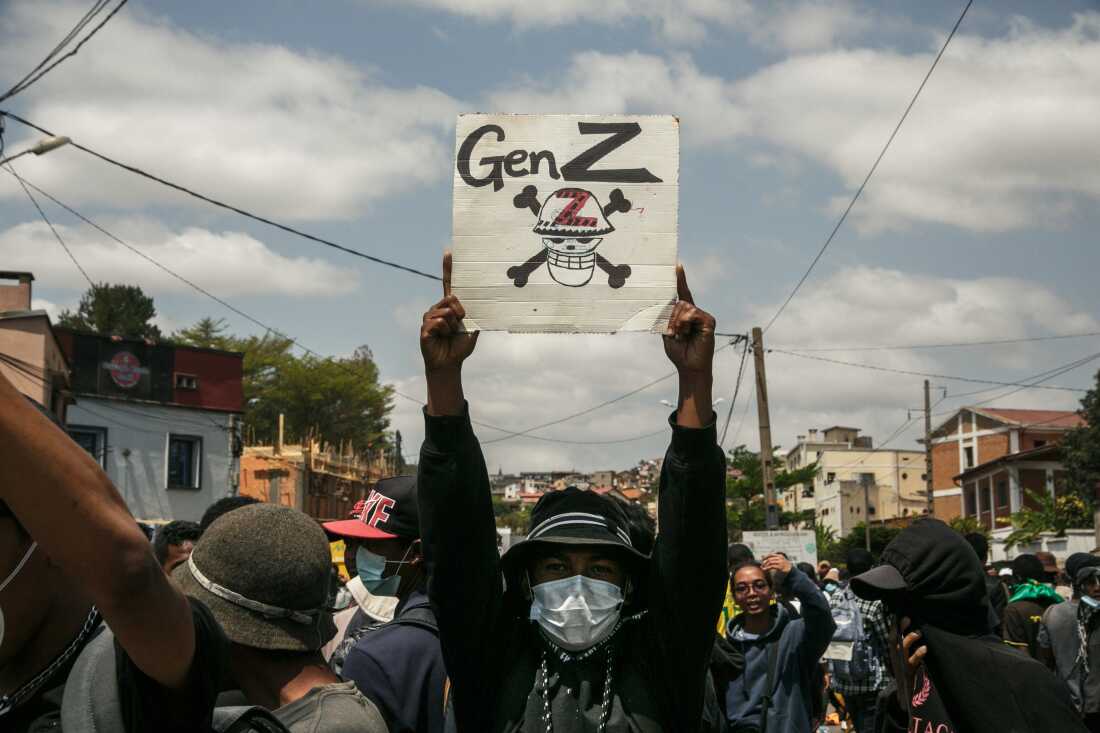
Organisers of Madagascar’s youth-led anti-government movement paused street marches in the capital for 24 hours on Thursday, citing the need to protect demonstrators’ health and regroup — but rallies went ahead in several other cities.
Inspired by youth protests in Kenya and Nepal, the mobilisations are Madagascar’s largest in years and pose a serious challenge to President Andry Rajoelina, re-elected in 2023. The United Nations says at least 22 people have been killed and more than 100 injured since demonstrations began a week ago; the government disputes those figures.
“This is not a retreat but a strategy: we will come back more united, stronger,” the Gen Z Madagascar leadership said in a Facebook post announcing the temporary halt in Antananarivo. Government spokespeople did not respond to requests for comment.
Public anger first erupted over worsening water shortages and rolling power cuts. Rajoelina dissolved the government late on Monday, but the move has not eased tensions. Protesters are demanding his resignation and the dissolution of the election commission, the Senate and the top court.
Outside the capital on Thursday, hundreds marched in Toliara chanting “Rajoelina Out,” according to footage aired by privately owned Radio Télévision Siteny. Demonstrators also rallied in Diego Suarez under police escort, the outlet Fitaproduction reported.
Despite rich natural beauty and resources, Madagascar — reliant on agriculture and tourism — remains among Africa’s poorest nations. The World Bank says income per capita fell 45% between independence in 1960 and 2020, blaming tight control of the economy and state by a small, unaccountable elite and limited competition.
Some youths have adopted a grinning skull-in-straw-hat flag popularised by Japanese manga as a protest symbol. “These protests are not just about utilities; they reflect a rejection of a political order that has barely changed for decades,” wrote Ketakandriana Rafitoson, global vice-chair of Transparency International, in a briefing on the crisis, arguing that elite networks capture state institutions and “weaponize poverty.”
The Senate convened on Thursday to consider nominees for prime minister after failing to reach a consensus earlier in the week.
